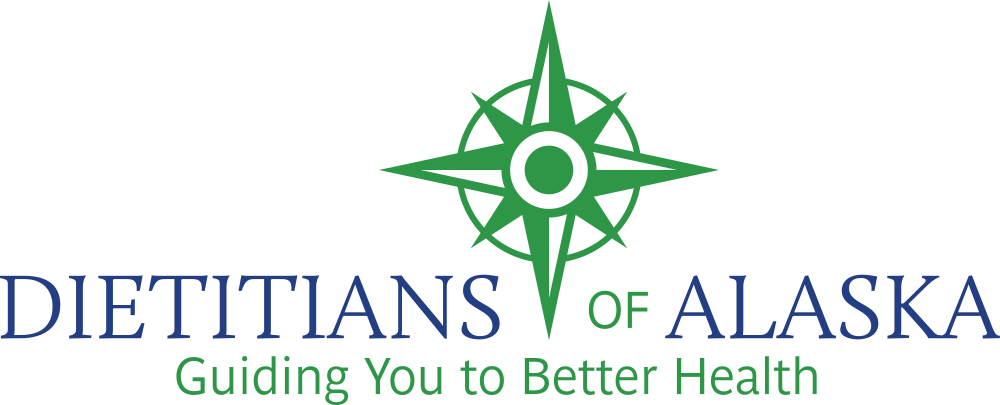Learn more about some of the conditions we can help with below.
Diabetes:
Diabetes is a chronic condition characterized by elevated blood sugar levels, affecting how your body uses insulin. Proper nutrition plays a pivotal role in managing diabetes, influencing blood sugar control, weight management, and overall well-being.
Fatty Liver Disease and Non-Alcoholic Fatty Liver Disease:
The liver is the largest organ in your body and is responsible for helping with digestion, filtration, and energy storage. While we often associate fatty liver and liver disease with alcohol use, that is not always the case. One of the best treatments for fatty liver is weight loss and exercise.
-
Irritable Bowel Syndrome:
Irritable bowel can be very frustrating to deal with as there is no specific test, no exact cause, and can be a combination of several, ever changing symptoms. Symptoms such as constipation, diarrhea, bloating, and cramping are among the most common. Treatment can involve medication, stress management, and diet changes.

Celiac Disease:
Gluten is a protein found in wheat, rye, and barley. Celiac Disease is an immune disease where the body has an unnecessary reaction to gluten. This reaction can be a combination of severe abdominal pain, diarrhea, irritability, and depression. Some may have to eliminate only the more concentrated sources of gluten (bread, pasta, etc), others may have to be much more diligent and also look for more hidden sources of gluten in items such as hair and skin products, toothpaste, and lip balm.
Crohn’s Disease:
This is a type of inflammatory bowel disease that can affect any part of the GI tract, from the mouth (start) to anus (finish). The symptoms a person can experience are variable and personal, but may include diarrhea, cramping, nausea, poor appetite, and unintentional weight loss (losing weight when you don’t want to). While Crohn’s disease is not caused by the food you eat, making changes to your diet, in addition to medication and perhaps surgery, may help to control the symptoms and help to improve your quality of life.
-
-
Ulcerative Colitis:
This is another type of inflammatory bowel disease that affects only the colon, or very end of the large intestine. The symptoms can be as different as the individuals themselves, but often involve abdominal cramps, diarrhea, and bloody stool. While Ulcerative Colitis is not caused by the food you eat, making changes to your diet, in addition to medication and perhaps surgery, may help to control the symptoms and help to improve your quality of life.

GERD:
Gastroesophageal Reflux Disease or GERD can happen at any time, from infancy to adulthood. GERD is most commonly identified by heartburn (burning pain in the chest, behind the breastbone). This happens when the valve in the lower part of the throat (esophageal sphincter) does not work properly and allows stomach acid and food to come back up into the throat. Weight gain, fatty foods, carbonation ,caffeine, and alcohol are a few of the things that can make heartburn or GERD worse. Treatment of GERD has several options including changes to eating habits. Read more about GERD.
Eosinophilic Esophagitis (EoE):
When tissue is inflamed, due to injury or food allergies, the body sends white blood cells (eosinophils) to take care of the problem. Sometimes, the body does its job too well and sends more white blood cells than necessary. This can lead to more inflammation and swelling. If this occurs in the esophagus (the tube connecting the mouth to the stomach), you may experience any combination of the following: food can be hard to swallow, food might feel like it is always getting stuck, pain in the stomach or chest, nausea and vomiting, or reflux. This is called Eosinophilic Esophagitis or EoE.
There are many ways to treat or manage EoE, one of the most common ways is through changes to the foods you eat.
-
-
Gastroparesis:
To get food through the stomach and into the small intestines, the stomach muscles have to move, which is called peristalsis (for those of you preparing for a spot on Jeopardy). When someone has “Gastroparesis” it means that the muscles are not as strong as they need to be and food sits in the stomach longer than it should. When this happens you might feel nauseated, the need to vomit (dry heaves), stomach pain or bloating, heartburn, constipation, or loss of appetite. While no one knows exactly what causes Gastroparesis, there are many treatment options that you can discuss with your doctor or registered dietitian. One of these treatments may include experimenting with different foods or changing the way you eat.

